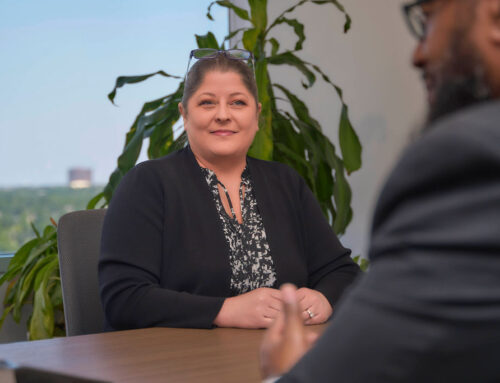As we addressed in last week’s post, the healthcare crisis of a loved one involves financial, medical, and legal issues. If the immediate financial and medical issues can be resolved without court action, the most important thing is to get the patient properly assessed and determine their prognosis.
If a loved one who has been stricken with illness is expected to recover enough ability to make their own medical and legal decisions, the opportunity should still be taken to immediately seek to prepare legal estate planning documents in case their situation reverses. To put it another way, if the patient is going to recover in the next few weeks to the point that they have capacity, then they can sign legal documents. They may be able to return to making all (or most) of their own decisions, but further delaying the planning they should have done years before is no longer tolerable.
If the prognosis is not positive and it is likely that incapacity is going to linger, then your legal options have narrowed to likely seeking permanent guardianship. Guardianship, as explained here, is the legal process to appoint someone to make someone else’s medical and/or financial decisions. The family may have very well been able to bridge the gap for a few weeks without access to the stricken person’s assets, but long-term financial decisions (admission to a facility) and paying for that long-term care will probably require access to the stricken person’s funds. Guardianship takes several months, at least, to open, so if the prognosis is poor, it is best to start guardianship as soon as the long-term prognosis is clear
If the prognosis is that the stricken person’s mental capacity is impaired, but they are not incapacitated, they still have the ability to do at least some planning. Whatever planning is possible should be undertaken as will be addressed in our next post.
This material has been prepared for informational purposes only, and is not intended to provide, and should not be relied on for, specific tax, legal or accounting advice. We can only give specific advice upon consulting directly with you and reviewing your exact situation.





